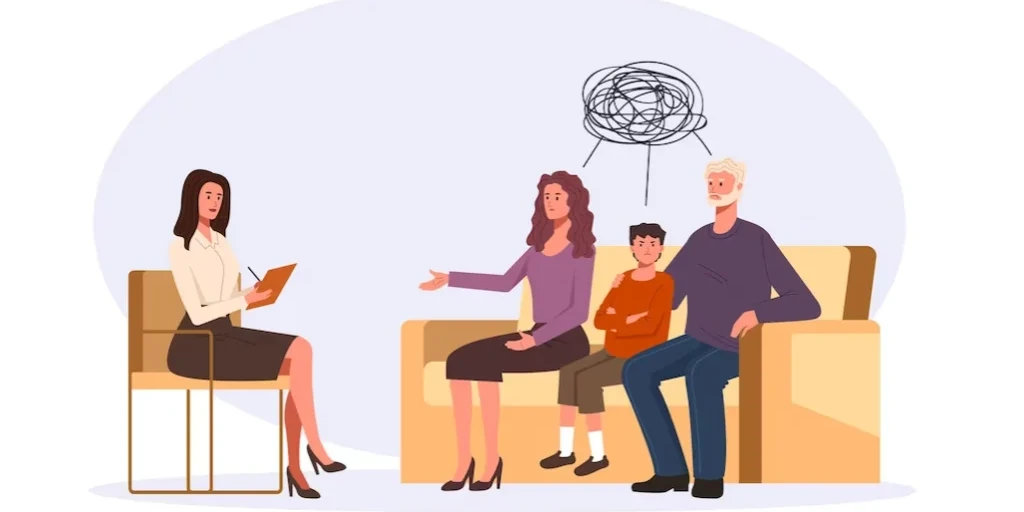24/7 Helpline:
(866) 899-221924/7 Helpline:
(866) 899-2219
Learn more about Depression Treatment centers in Puyallup
Depression Treatment in Other Cities

Other Insurance Options

Regence

ComPsych

Oxford

Choice Care Network

EmblemHealth

Access to Recovery (ATR) Voucher

PHCS Network

Aetna

BlueShield
Beacon

Covered California

Meritain

WellPoint

Holman Group

Optima

Health Net

State Farm

Lucent

MVP Healthcare

Sutter

A Change Into Recovery
A Change Into Recovery is a private rehab located in Puyallup, Washington. A Change Into Recovery sp...

MultiCare Behavioral Health
MultiCare Behavioral Health is a private rehab located in Puyallup, Washington. MultiCare Behavioral...

Lakeside Milam Recovery Centers – Outpatient
Lakeside Milam Recovery Center at Puyallup, Washington is an intensive outpatient facility that prov...

MultiCare Health System – MultiCare Behavioral Health
MultiCare Health System – MultiCare Behavioral Health is a private rehab located in Puyallup, Washin...

Sea Mar Community Health Centers
Sea Mar Community Health Centers - 101st Avenue Court is a community mental health agency accredited...









Dotter’s Counseling Service
Dotter’s Counseling Service is a private rehab located in Puyallup, Washington. Dotter’s Counseling ...

Horizon Treatment Services
Horizon Treatment Services is a private rehab located in Puyallup, Washington. Horizon Treatment Ser...

Social Treatment Opportunity Programs – STOP
Social Treatment Opportunity Programs (STOP) is a state licensed Nationally and Internationally accr...

HopeSparks – Puyallup
HopeSparks – Puyallup is a private rehab located in Puyallup, Washington. HopeSparks – Puyallup spec...




